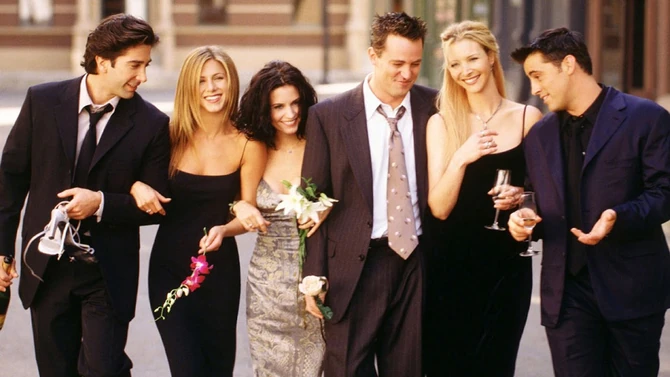 |
| Millennials (Image: REAL Entrepreneur) |
Oh, aren't those 'Millennials' troublesome? They're depressed snowflakes who are offended by everything and therefore should get a grip. Of course, I don't think 'Millennials' are any of what I described here. Technically, I am one. However, if you believe in most of what you read or hear, those who fit in this criterion can be described in such modern, derogatory ways. The last I heard, a snowflake was something you commonly saw in the winter months.
Who are 'Millennials'? Coined by Advertising Age magazine in 1993, it is a term used to categorise people born between the early 1980s and 2000. If you've not heard of the word 'Millennial', then you may be familiar with its alternative term 'Echo Boomers', used to describe children of the Post-War Baby Boomers - Generation X - who were born between the 1950s and late 1960s. After the 'Millennial' era comes Generation Z.
These terms don't just consider age, but also the 'typical' attitude theorists expect of that group. 'Millennials' are more inclined to use digital technology to communicate, hold liberal views, have a strong sense of civic responsibility and are more conscious of their work-life balance. And these are often compared to previous generations, who typically held different daily roles many see today as somewhat archaic.
| Frank Sinatra and Republican President Nixon (Image: Telegraph) |
Here's my problem, however. When you see social media users fighting it out over who is right on political issues, or who should win a TV talent contest, do you notice the age of the people involved in these discussions? Does a 50 year old feel the urge to respond to an 18 year old over who is better to govern their country of residence? Does a 22 year old ever call out a 68 year old over a controversial comment the latter made publicly? These cases are probably common enough, but is age really a factor to finding more about the individual?
I feel it's unfair to rule out a person based on their age. I don't want to delve into ageism, as it shouldn't come into debate when talking about views of an individual. I don't understand why it's so important for journalists - for example - to call out those over 60 to being racist or sexist, while at the same time state those under 30 dislike everything; and argue so because they see a small number of passing comments by those who fit in these ridiculous criterions.
 |
| Cast of Friends (Image: Fandom by Wikia.com) |
I'll give you an example. There's a story that spiralled out of control over the past couple of weeks about 'Millennials' being deeply offended by the TV sitcom Friends. The hit series, which graced our screens between 1994 and 2004, has every episode now available on Netflix, delighting millions of its fans. It was also shown as an opportunity for young people, who didn't get to watch it back then - because they were too young - to see what they've been missing. I'm sure 99.99% of these people I mention here love it. But of course, not everyone is going to. In fact, popular media outlets like The Independent, LAD Bible and Heart Radio have identified a small number of tweets from users who suggest some scenes contain homophobia, sexism and transphobia.
These comments are enough to make the majority of Friends fans roll their eyes. I did. In fact, the clips these sources claim to be offensive are very clever, forward-thinking and funny. However, I was even more perplexed by how these titles suggest it was just the 'Millennials' who were offended, because stereotypically, they are so by anything. On what basis did offence and the speculated age of users became a plausible outcome for a news story? It isn't plausible, it's lazy - and it could damage relationships between generations in the long run.
Categorising people according to their age doesn't add up. Just like talking about race, religion or nationality, describing a 'typical' person is pure sensationalism. I don't see myself as a 'Millennial' as much as an 65 year old Green Party voting international humanitarian who backed Remain in 2016's EU referendum don't see themselves as an earlier Post-War Baby Boomer in the 'typical' sense. We underestimate our uniqueness and, by delving into stereotypes, will only make us lose our sense of being.
Comments
Post a Comment